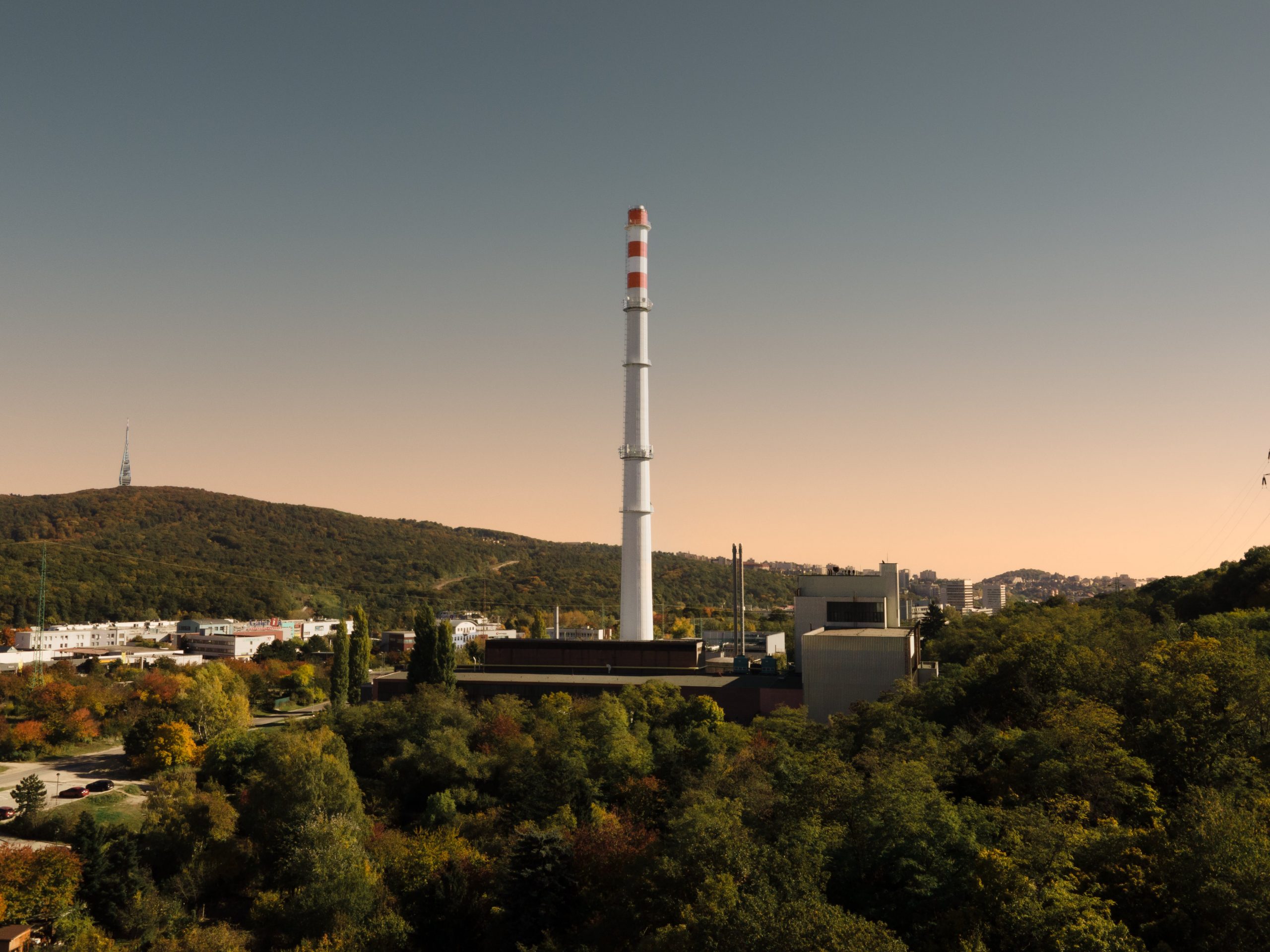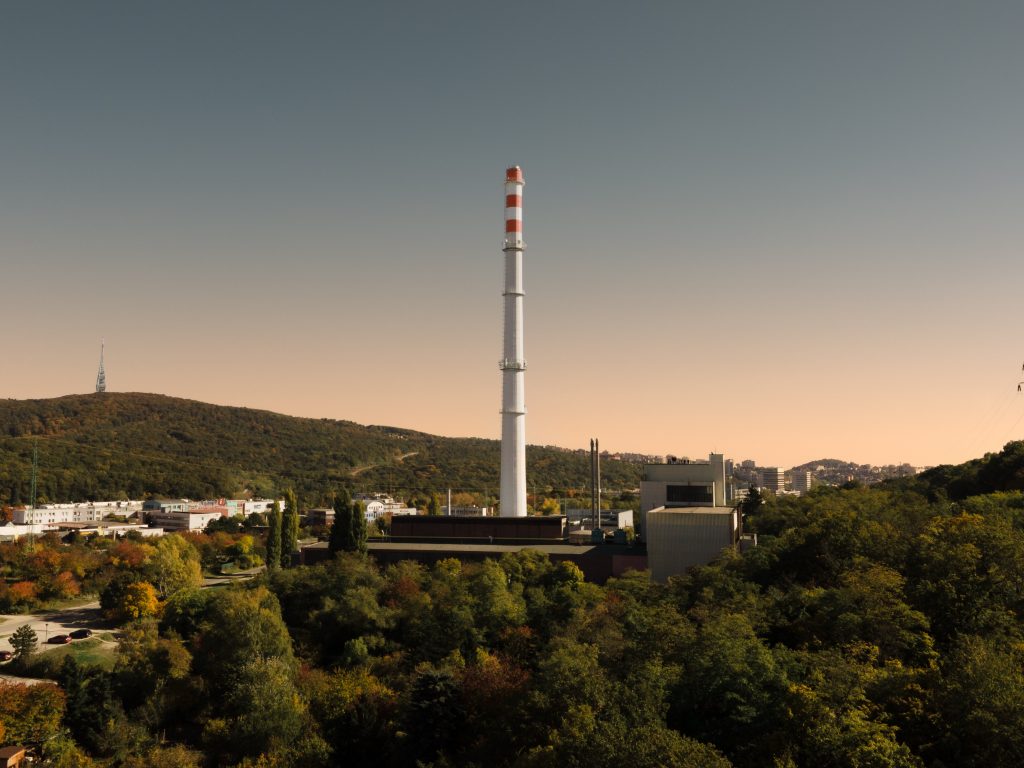Address
304 North Cardinal St.
Dorchester Center, MA 02124
Work Hours
Monday to Friday: 7AM - 7PM
Weekend: 10AM - 5PM
Address
304 North Cardinal St.
Dorchester Center, MA 02124
Work Hours
Monday to Friday: 7AM - 7PM
Weekend: 10AM - 5PM


Read also: CEMS.id and CGA: Emission Monitoring Sustainability
Particulate matter refers to extremely fine materials that can be carried by the air, contributing to environmental pollution. Particulate emissions can stem from various sources, including industrial facilities, motor vehicles, and power plants. In the pursuit of maintaining air quality and achieving a cleaner future, controlling particulate emissions becomes highly crucial. This is where Continuous Emissions Monitoring Systems (CEMS) technology emerges as an innovative and sustainable solution.
Particulate matter, also known as fine dust, consists of tiny particles composed of various compounds and materials. Particulate emissions can lead to severe air pollution, negatively impacting human health. These microscopic particles can be inhaled and reach the human respiratory system, causing respiratory issues, irritation, and even more severe health problems.
Continuous Emissions Monitoring Systems (CEMS) represent advanced technology designed to monitor and report emissions of gases and particulates in real-time. CEMS is not merely a monitoring tool; it is also a powerful control solution. Here are some reasons why CEMS plays a crucial role in particulate emission control:
Real-Time Monitoring: CEMS provides real-time data on particulate emissions, allowing for swift responses when unexpected emissions spikes occur.
Regulatory Compliance: With increasingly stringent environmental regulations, CEMS aids companies in adhering to particulate emission regulations.
Process Optimization: Accurate data from CEMS enables companies to identify ways to reduce particulate emissions through process improvements.
Environmental Protection: With improved particulate emission control, we can shield the environment and human health from the adverse effects of particulate emissions.
The use of CEMS technology in controlling particulate emissions offers significant benefits:

Read also: Accurate Emissions Monitoring with CEMS.id
Accurate control leads to reduced particulate emissions, resulting in cleaner and healthier air for all.

Read also: CEMS.ID: Trusted Expert in CEMS Device Maintenance
Companies using CEMS demonstrate their commitment to regulatory compliance and maintain their environmental credibility.

Read also: CEMS in the Energy Industry: Minimizing Emissions and Enhancing Performance
Particulate matter can pollute natural ecosystems, and CEMS helps prevent further damage.

Read also: What is Green Computing Technology?
Particulate emission control contributes to improved public health.
CEMS technology is key to a cleaner and more sustainable future. Through the use of CEMS, we can accurately control particulate emissions, maintain air quality, and support human health. By taking these proactive steps, we can create a cleaner environment and a brighter future.
